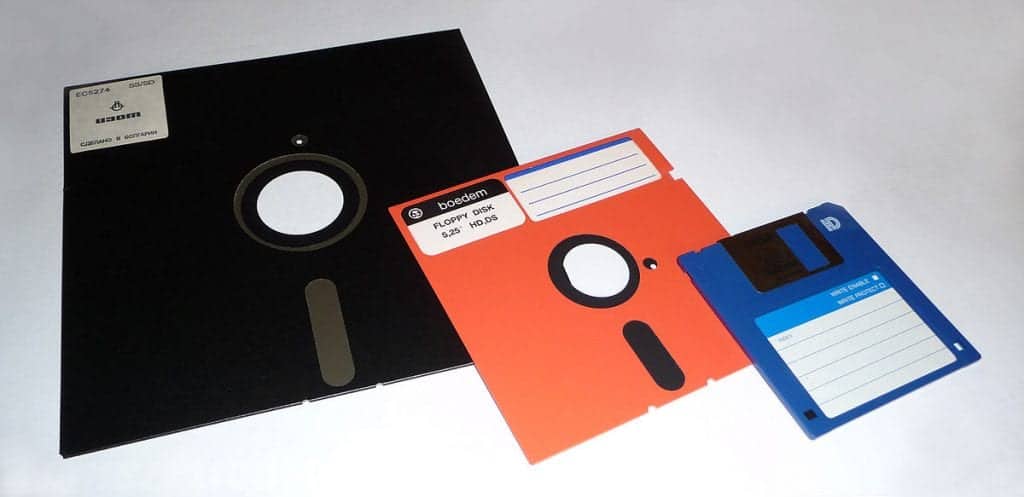USB drives are a popular giveaway item at conferences and events. A lot of people end up using them at work or at home without a thought to the danger they can present. USBs can be an easy way for someone to infect your computer. With that in mind, researchers from Google, the University of Illinois Urbana-Champaign, and the University of Michigan, spread 297 USB drives on the ground of the Urbana-Champaign campus. They found that 48 percent of the drives were picked up and plugged into a computer, some within minutes of being dropped. Only 16 percent of users bothered to scan the drives with anti-virus software before loading the files. The users who picked up the drives said they connected the device with the intention of finding the owner. [1]
While the USBs used in the study did not actually pose a threat, there are plenty of examples in the real world that show how that free USB you received can be dangerous. Be forewarned, a couple of these examples are ironic:
- In 2010, IBM admitted that the complimentary USB drives it handed out at an Australian security conference were infected by not one, but two pieces of malware.
- In 2017, the Taiwanese government celebrated its crackdown on cybercrime by giving out 250 blank USB drives, each with an 8G capacity, as prizes at the data security expo. According to the Tapei Times, an employee at a New Taipei City-based contractor transmitted malware to the drives when testing their storage capacity… from his infected work station.
- The American Dental Association sent 37,000 malware-infected USB drives to its members that were meant to contain a digital version of some updated dental procedure codes for billing and insurance. The malware was made to allow hackers full access to medical records containing billing information, Social Security numbers and other personal information.
Here are some tips that you can follow to help keep your home and your office safe from such attacks:
- Don’t plug any unknown USB drive into your computer
- Chances are, that drive won’t harm you or your computer, but if it does, you and your systems could pay a steep price
- Protect your systems physically as well as electronically
- Firewall, anti-virus, anti-malware, anti-spam solutions and other access restrictions are critical
- Implement proactive IT services that can identify problems before they happen and fix them quickly when they do
- Put reliable, redundant, and remote backup and disaster recovery solutions to work for you
In the end, free stuff is great, but not so great that it’s worth putting your home and office at risk. At CMIT Solutions of Tampa-Temple Terrace we help keep our clients’ systems up and running, no matter what. Give us a call today and we can talk more about how we can help make your business more safe and more productive.
[1] M. Tischer et al., “Users Really Do Plug in USB Drives They Find,” 2016 IEEE Symposium on Security and Privacy (SP), San Jose, CA, 2016, pp. 306-319.




